Two weeks ago, the 193 countries of the United Nations quietly adopted The Pact for the Future, a document that is raising alarm bells among critics. Of particular concern is the Global Digital Compact (GDC), an appendix within this pact that introduces sweeping regulations for what many are calling “Internet 2.0.” Tech expert Tim Hinchcliffe warns that this is nothing short of “a path to a digital gulag.”
NEWS: The Pact for the Future has been adopted by member countries by consensus at UN Headquarters in New York.
— United Nations (@UN) September 22, 2024
The adoption will help pave the way for greater international cooperation for #OurCommonFuture. pic.twitter.com/JnennVi2Jb
Hinchcliffe, writing for The Sociable—a site focused on the intersection of technology and society—expresses outrage at how little attention the mainstream media has given to the UN’s Summit of the Future, held just weeks ago. This lack of scrutiny reflects a larger trend of global elites pushing sweeping changes under the radar, knowing full well that public awareness would invite resistance. According to him, the world’s nations quietly agreed to bizarre measures that will severely restrict individual freedoms, all under the guise of The Pact for the Future.
The most chilling aspect of this pact, according to Hinchcliffe, is the Global Digital Compact. While Achim Steiner of the UN Development Programme (UNDP) describes it as a framework for “inclusive, open, sustainable, fair, and secure digital futures for all,” Hinchcliffe sees it as something far more sinister: “a roadmap to a digital gulag.” The concept of an all-encompassing digital infrastructure is eerily reminiscent of authoritarian regimes where surveillance and censorship become tools of absolute control. In this new system, every individual would be connected to the internet through a digital identity, and those who question the UN’s vision would be crushed for spreading so-called “hate speech” and “disinformation.” In Hinchcliffe’s view, free speech will no longer exist on UN-regulated Internet 2.0.
Anyone who carefully reads the document and listens to its architects will find that Hinchcliffe’s interpretation aligns more closely with the 16-page document than Steiner’s optimistic rhetoric. Section 34 of the pact states: “We will collaborate internationally to address the challenges of misinformation, disinformation, and hate speech by mitigating the risks of information manipulation in ways that are consistent with international law.” But this vague language leaves open the critical question: who defines what constitutes “hate speech” and “disinformation”? And, most importantly, who gets to decide?
As history has shown, the answer became clear during the summit: the UN will decide. At a panel discussion in New York, titled The Future of Information Integrity and the SDGs, UN Under-Secretary for Global Communications Melissa Fleming—who in 2022 famously declared, “We own the science” in reference to climate change—indicated that the UN would crack down on anything counter to the Sustainable Development Goals (SDGs). Fleming’s declaration is a chilling reminder of the dangers of centralized control over information. Fleming explained that the UN shifted course after realizing its messaging was being questioned on major platforms. “We were attacked online. Every SDG has been tainted by disinformation or hate speech,” she said, justifying the need for the UN Global Principles for Information Integrity. She claims these principles are the blueprint for a “healthy information ecosystem.”
Fleming stressed that the UN “had no choice but to act.” She argued that today’s internet has become “so toxic” that it’s nearly impossible to communicate in an environment filled with people who oppose “the forces of good,” a group she places the UN within. This framing of dissent as “toxicity” is a dangerous precedent, one that echoes the tactics of authoritarian regimes throughout history, where any criticism of the ruling powers is dismissed as harmful or even treasonous. “We must find new ways to cut through the disinformation and hate.”
UN Comms Director Melissa 'We Own The Science' Fleming says she became exhausted navigating through disinformation and hate:
— Tim Hinchliffe (@TimHinchliffe) September 22, 2024
"We were being attacked online.. Every single issue, every single SDG is impacted by disinformation or hate speech." https://t.co/ayUGPavjJ0 pic.twitter.com/1VqcLg4RGM
Fleming’s stance is clear: if you don’t agree with the UN, you are participating in disinformation and hate speech — a common theme throughout the session. This narrative was reinforced by New America think tank CEO Ann-Marie Slaughter, who voiced her own concerns about the dangers of unregulated speech online. “
Anybody can say anything,” she said. “This kind of extreme speech, violent speech, outrageous speech […] When people say these things and they are not stopped […] There’s a sense of anything goes […] Anybody can say anything.” Slaughter’s remarks highlighted the broader fear that uncontrolled digital spaces could lead to widespread harm, further justifying the need for stringent controls on online discourse.
"This kind of extreme speech, violent speech, outrageous speech.. When people say things & are not stopped.. There's a sense of anything goes. Anybody can say anything": New America CEO Ann-Marie Slaughter at United Nations https://t.co/ayUGPavjJ0 pic.twitter.com/IseXnSxTLk
— Tim Hinchliffe (@TimHinchliffe) September 22, 2024
One of these methods is the deployment of artificial intelligence (AI) to “cleanse” online information. In fact, AI has already been used by authoritarian regimes like China’s, where it helps to monitor and suppress dissenting voices. According to the GDC, information aligned with the SDGs will be classified as truth, while anything undermining the SDGs will be labeled disinformation.
History offers numerous cautionary tales of how centralized information control has been used to suppress dissent and reinforce authoritarian rule. In the Soviet Union, the state strictly controlled the press, ensuring that only pro-government propaganda was disseminated, while those who spoke out against the regime were censored, imprisoned, or executed. Similarly, North Korea’s government continues to enforce total control over all media, indoctrinating its citizens with state-approved narratives and severely punishing any attempt to access foreign information. Even in modern-day Russia, online dissent and independent media are routinely suppressed under the guise of protecting the nation from “misinformation.” These regimes show us that when governments control information, dissent is silenced, and individual freedoms are eroded.
The UN anticipates that AI will play a crucial role in achieving the SDGs. Section 53 of the pact reads: “We recognize the immense potential of artificial intelligence systems to accelerate progress across all SDGs.”
The compact also mandates that every individual on Earth—approximately 2.6 billion people currently without reliable internet access—be connected to the web as soon as possible. The so-called “digital divide” in developing nations must be closed rapidly. What this truly represents is a forced integration into a global digital system where no one can escape surveillance. Steiner envisions a world by 2030 where “every person on the planet has a secure digital identity,” including a young mother in a developing country. He claims that this will grant her access to banking, education, healthcare, and, for the first time, a sense of being “seen.”
Justin Haskins, co-author of Dark Future: Uncovering the Great Reset’s Terrifying Next Phase with popular podcaster Glenn Beck, asserts that the global elite are already on board. “Globalists are pushing for greater collaboration between big tech, media, corporations, governments, and even human rights organizations,” he says. “They justify all these restrictions on freedom in the name of a safer internet. But in reality, they are manipulating every aspect of society to control the web. This is not just regulation; this is the construction of a digital iron curtain.”
Hinchcliffe outlines the steps of the plan:
- Step 1: Close the digital divide by getting everyone online, including the 2.6 billion currently offline.
- Step 2: Build the digital infrastructure, complete with digital IDs, central bank digital currencies (CBDCs), and large-scale data sharing. Make people dependent on this system.
- Step 3: Censor any narrative that challenges the Agenda 2030 goals. Involve governments, authorities, and the private sector to destroy any dissenting stories. This isn’t just censorship, it’s the creation of a system where disagreement with the state narrative will make it impossible to function in society.
In essence, the Global Digital Compact claims to make the internet safer, but its true aim appears to be constructing a global surveillance system that suppresses dissent and controls the narrative. History teaches us that such centralized control—whether through Stalin’s purges or China’s social credit system—inevitably leads to the erosion of freedoms. Today, with more sophisticated tools of surveillance, the outcome remains the same: disagreement is crushed, and free thought is suffocated under the guise of protecting society.
Whenever power is centralized, especially in the hands of a few unelected officials, individual freedoms are the first casualty. The Pact for the Future represents not just a digital shift but a global power grab that seeks to control how people think, speak, and interact with the world. While the UN may frame this as progress, the reality looks far more like a digital gulag than a utopia.

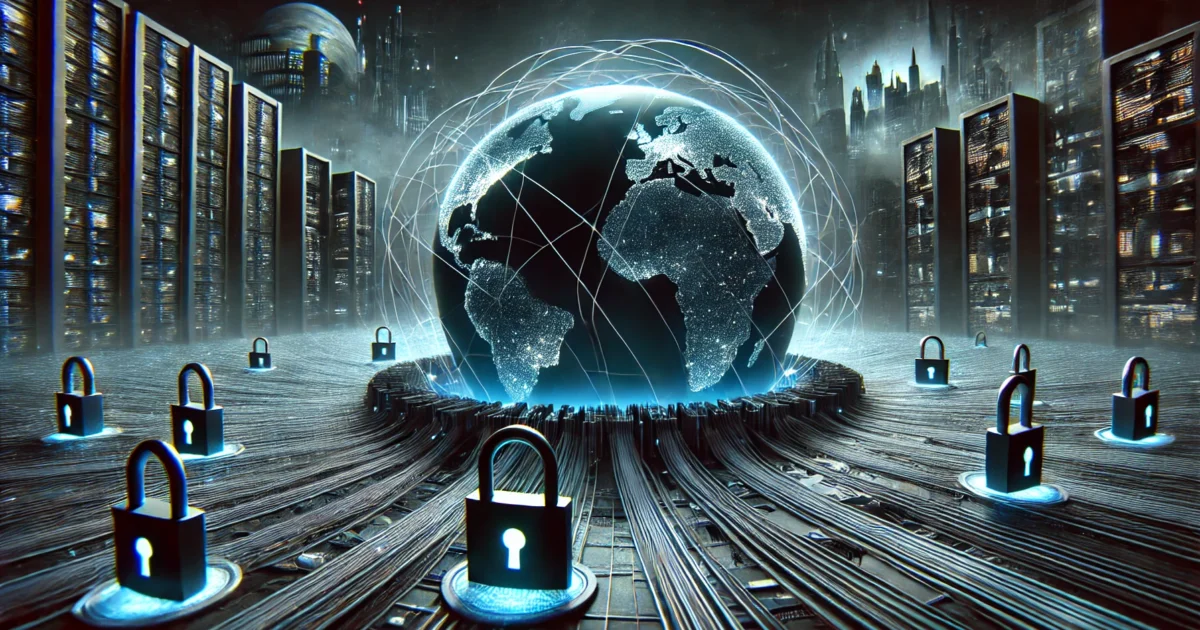

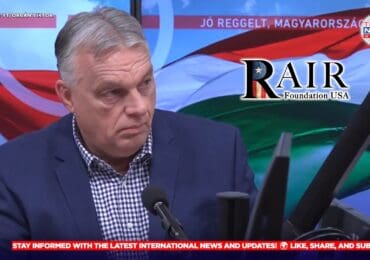
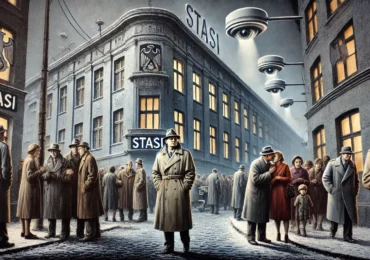
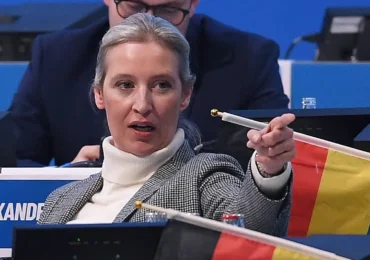




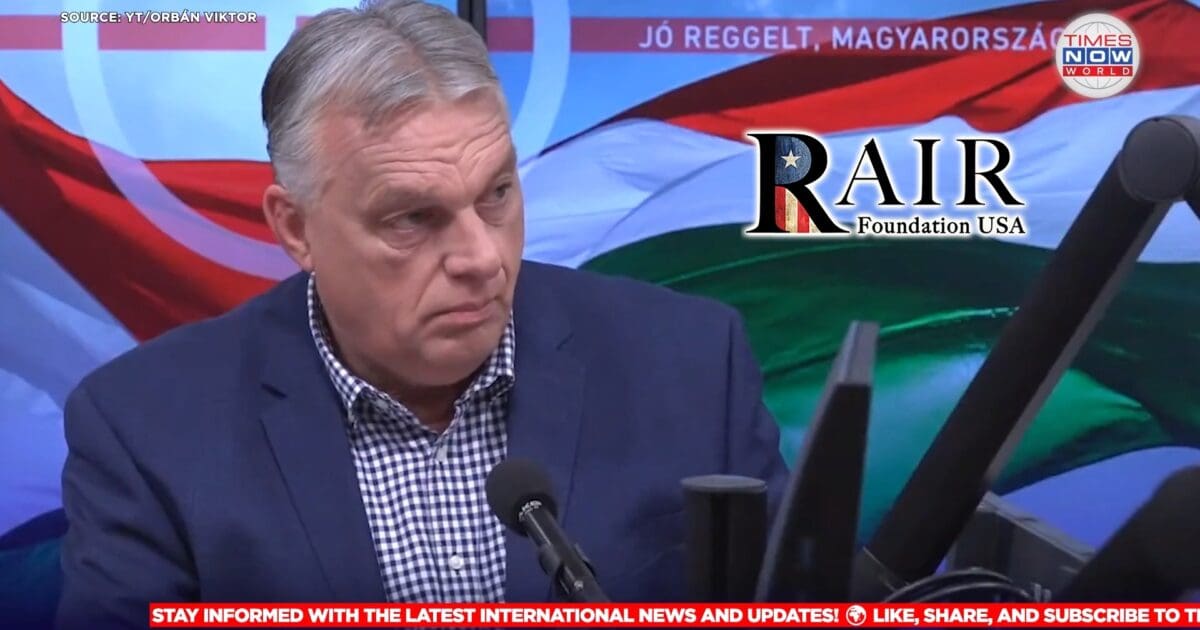
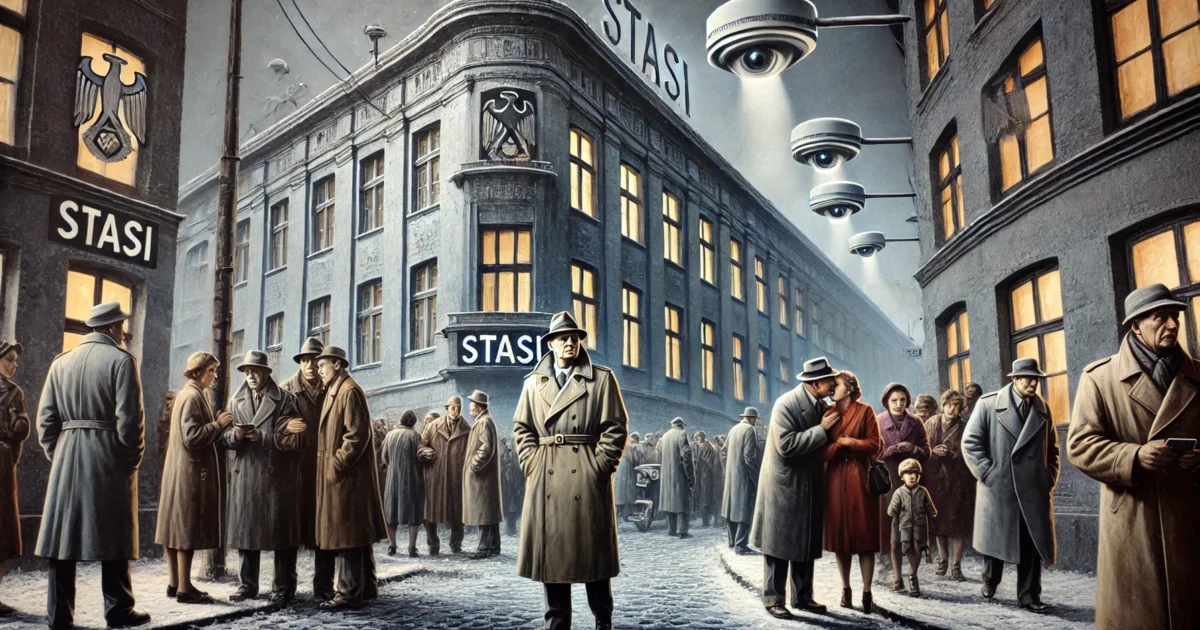
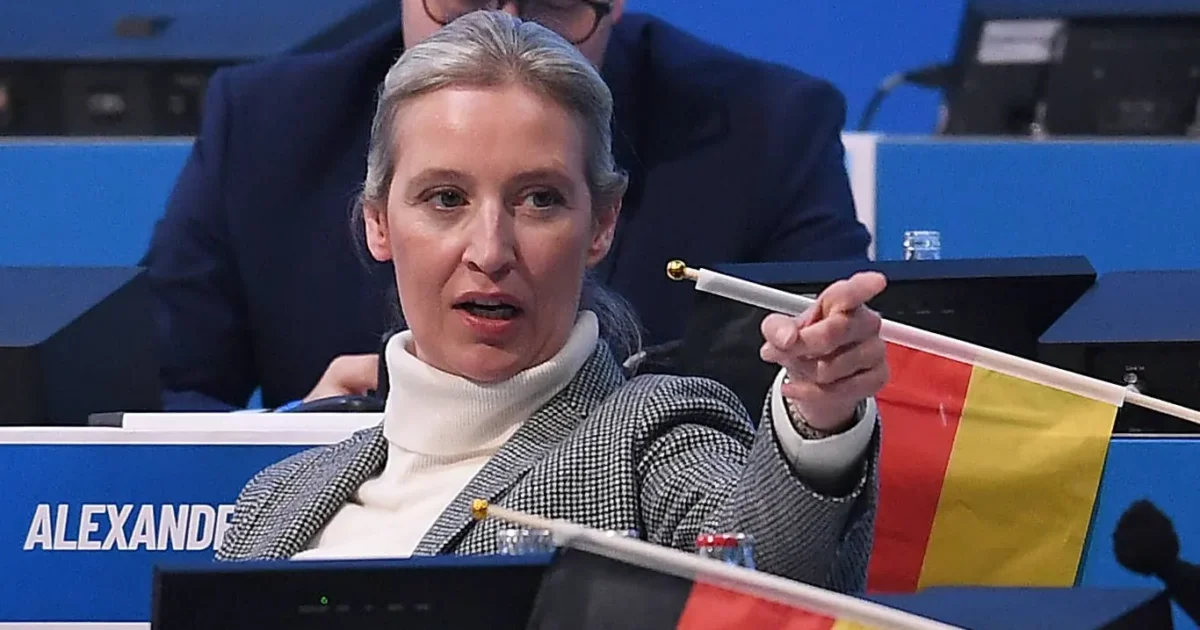

UN is a TERRORIST ORGANISATION, so are also EU, WEF, WHO and NATO !
“Digital Gulag: The United Nations Blueprint to Control the Internet and Silence Dissent.”
SURELY THIERRY BRETON, HILLARY CLINTON AND URINE VON DER LEYEN GETTING MULTIPLE ORGASMS OF THIS UNITED NATIONS BLUEPRINT TO CONTROL THE INTERNET AND SILENCE DISSENT. EVERY NIGHT THEY ALL SLEEP TOGETHER WITH THIS BLUEPRINT.
AI programed to agree with and support all Globalist propaganda writes almost every website and Quora / Reddit post that will come up on Google and Bing searches (and those other search engines that use Google and Bing results). Absolutely everything you search about has already become Globalist AI junk. Totally useless.